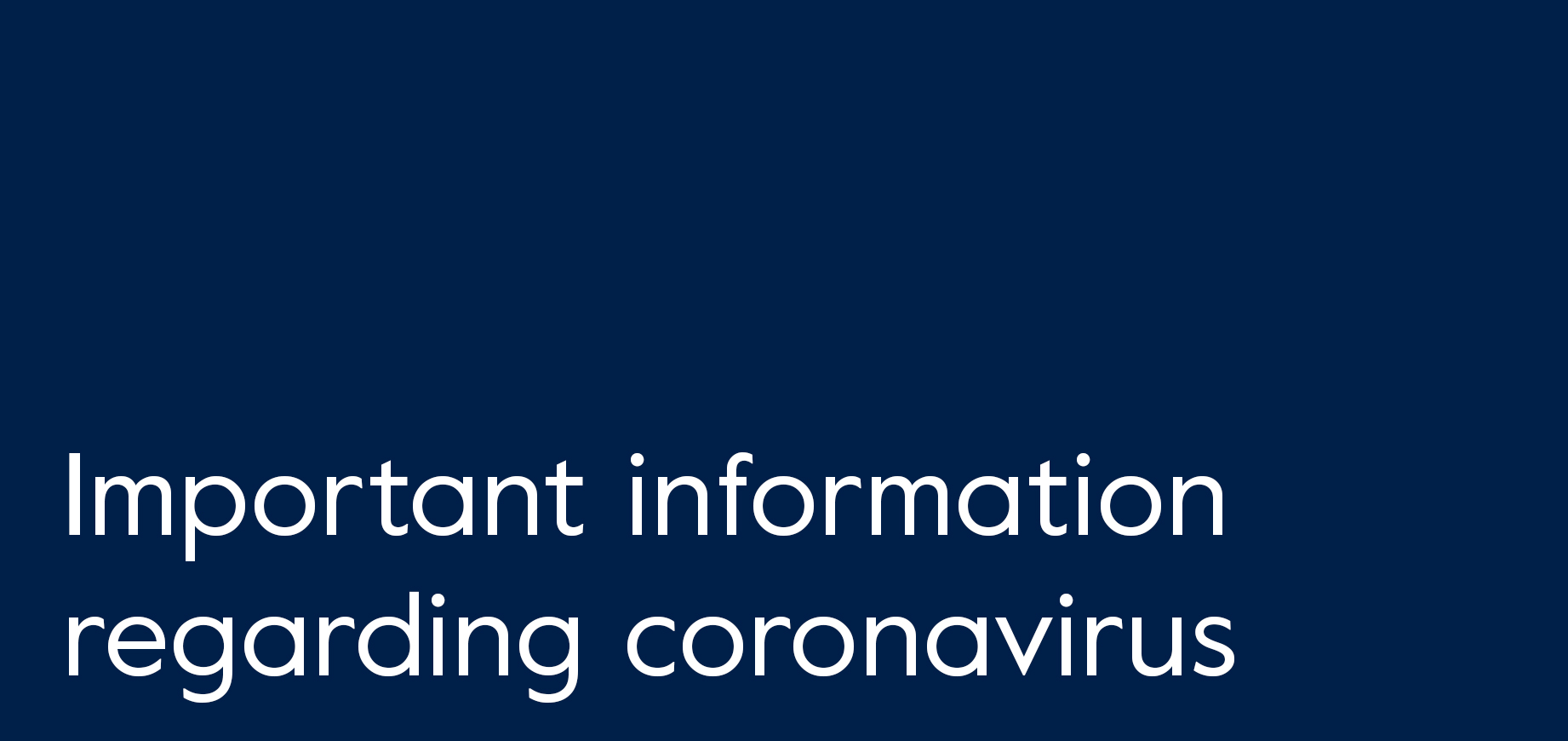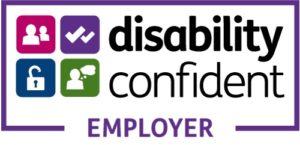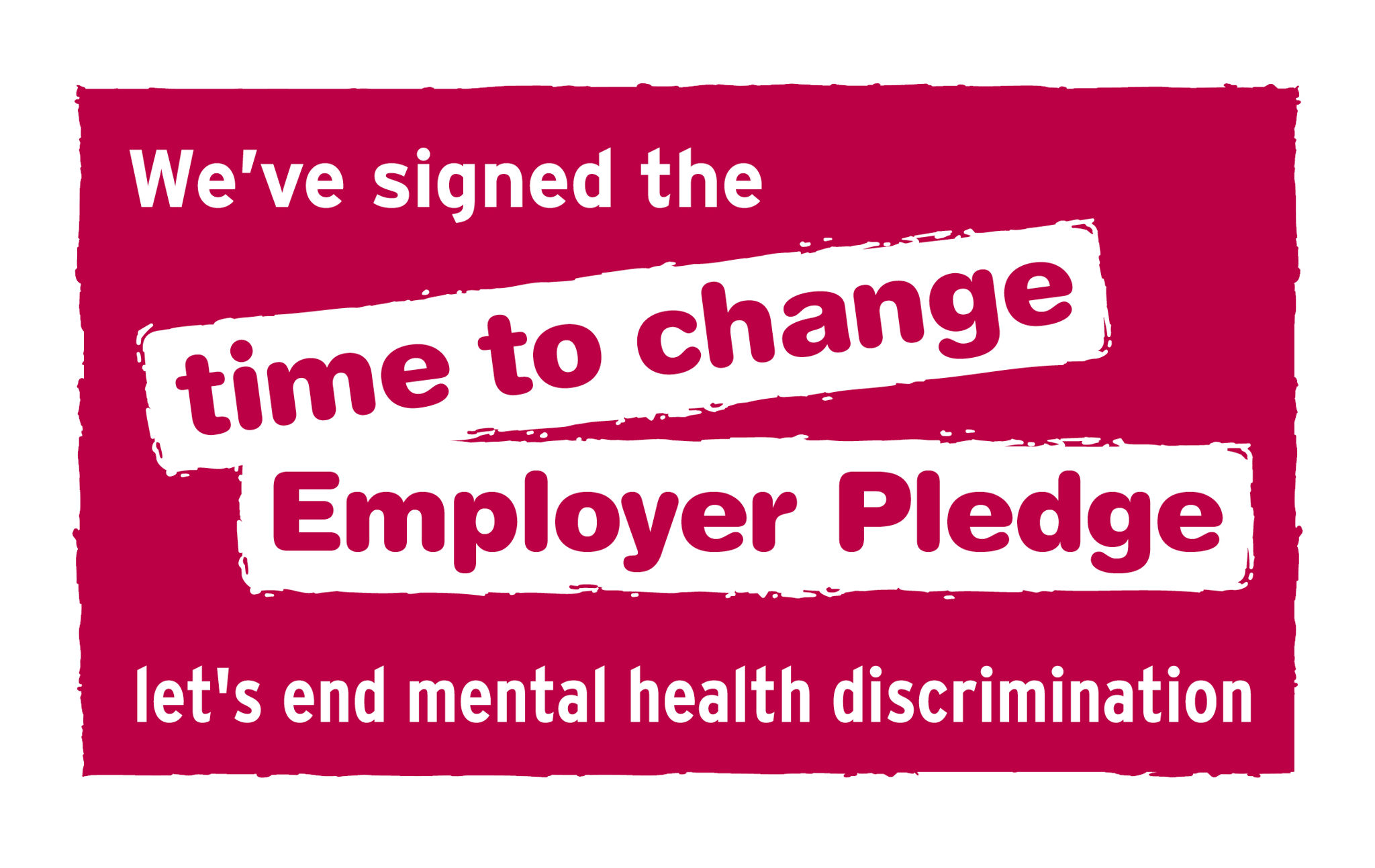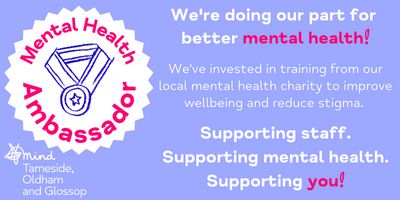Coronavirus response update - 21.05.20

Coronavirus response update 21st May 2020
I hope this email finds you and your family healthy and well.
A few updates today:
The A1 to A2 Progression survey remains open until Friday 22nd May (this Friday). Please could you encourage your sons / daughters to complete this survey as soon as they can but by this date at the latest. The survey can be found on Cedar. If there are any issues with access to the survey, please contact your son or daughter’s Senior Tutor. Another 300 students completed this survey in the last 24 hours which is a brilliant response. We’re nearly there!
Next week is half term. Your sons and daughters have earned a rest! Enjoy the week with your family and we’ll ‘see’ each other in June.
Today is day four of Mental Health Awareness week. The following information is from the Unicef website:
Parents and children are facing major life disruptions with the outbreak of coronavirus disease (COVID-19). School closures, physical distancing, it’s a lot to take in and it’s difficult for everyone in the family. We sat down with expert adolescent psychologist, best-selling author, monthly New York Times columnist and mother of two Dr. Lisa Damour to learn more about how families can support each other and make the most of this new (temporary) normal.
UNICEF: How can teenagers and parents take care of their mental health during the coronavirus disease (COVID-19) outbreak?
Dr. Damour: The first thing that parents can do is actually to normalize the fact that they [teenagers] are feeling anxious. Many teenagers have the misunderstanding that anxiety is always a sign of mental illness when in fact, psychologists have long recognized that anxiety is a normal and healthy function that alerts us to threats and helps us take measures to protect ourselves. So it’s very helpful for teenagers if you say, “You’re having the right reaction. Some anxiety right now makes sense, you’re supposed to feel that way. And that anxiety is going to help you make the decisions that you need to be making right now.” Practicing social distancing, washing your hands often and not touching your face — your anxiety will help you do what needs to be done right now, so that you can feel better. So that’s one thing we can do.
Another thing we can do is actually help them look outward. Say to them, “Listen, I know you’re feeling really anxious about catching coronavirus, but part of why we’re asking you to do all these things — to wash your hands, to stay close to home — is that that’s also how we take care of members of our community. We think about the people around us.”
And then give them further things to do that may be of help: perhaps dropping off food to people in need or going shopping for them or figuring out what areas of our community need support and doing things to support the people around them while maintaining social distance. Finding ways to care for others will help young people feel better themselves.
And then the third thing to help with anxiety is to help young people find distractions. What psychologists know is that when we are under chronically difficult conditions — and this is certainly a chronically difficult condition that’s going to go on for a while — it’s very helpful to divide the problem into two categories: things I can do something about, and then things I can do nothing about. There’s going to be a lot in that second category right now, where kids are going to have to live with a pretty difficult situation for a while.
Researchers have found that finding positive distractions can help us deal with that second category: we do our homework, we watch our favourite movies, we get in bed with a novel. That is a very appropriate strategy right now. There’s probably a lot to be said for talking about coronavirus and anxiety as a way to seek relief, and there is also a lot to be said about not talking about it as a way to seek relief. Helping kids find that right balance will make a big difference.
For more advice and information see: https://www.unicef.org/coronavirus/how-protect-your-familys-mental-health-face-coronavirus-disease-covid-19
That’s all for today
Take care, look after yourself, your families and each other; be patient and stay positive.
Anton


.png)




.png)

